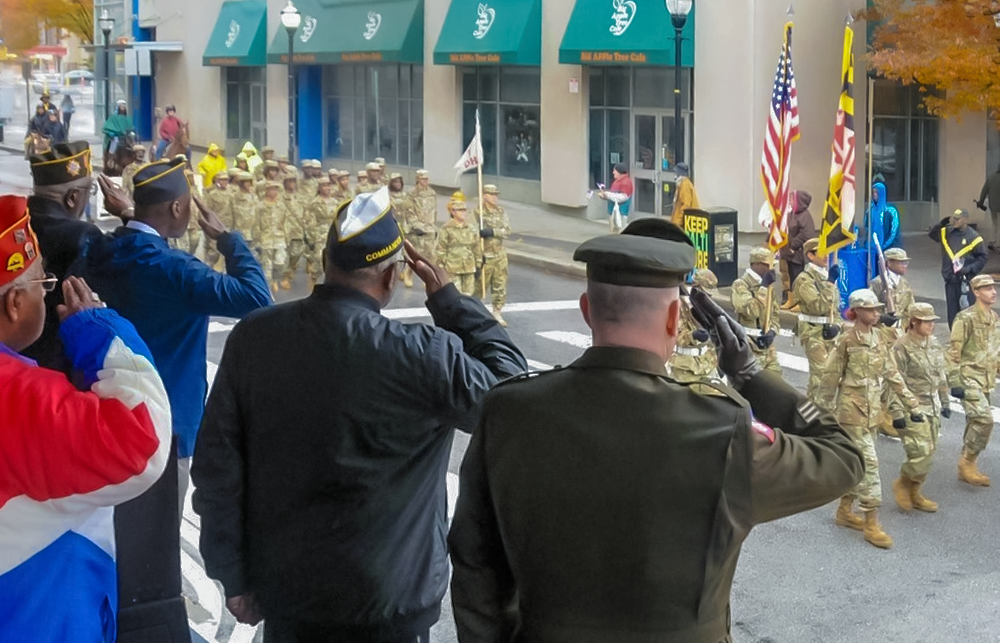VA has established a center to coordinate pre-clinical federal lab research on traumatic brain injury. The effort, involving investigators at eight VA medical centers and colleagues at other agencies, is expected to accelerate research toward new therapies for the condition.
The initiative is called the Interagency Resource Coordinating Center for Preclinical TBI Research (IRCC). It will focus on making the most of federal investments in pre-clinical TBI, with scientists working together to identify the pre-clinical models that best represent TBI in humans and sharing data in more uniform ways.
VA created the IRCC in close collaboration with the Department of Defense (DOD) and the National Institutes of Health (NIH).
No FDA-approved treatments for TBI
Traumatic brain injury (TBI) is the signature injury from the post-9/11 conflicts in Iraq and Afghanistan. The Department of Defense and the Defense and Veterans Brain Injury Center estimate that 22 percent of combat casualties from Iraq and Afghanistan involve TBIs, most of which are mild in severity. Mild TBIs are also called concussions. TBI symptoms can include headaches, irritability, sleep disorders, memory lapses, slower thinking and depression. Currently, more than 430,000 service members and Veterans suffer from deployment-related traumatic brain injuries.
The federal government has invested billions of dollars in pre-clinical research, the lab-based research typically conducted prior to studies in humans, to shed light on the biological mechanisms that underpin TBI. The hope has been that this research will lead to a better understanding of how to diagnose, prognose, treat, and prevent TBIs and their health effects.
Despite massive financial and intellectual investment, there still are no FDA-approved treatments for TBI. This led VA research to consider new approaches. Reviewing the science to date reveals many researchers experimenting with different preclinical approaches, amounting to over 400 experimental TBI models. In addition, each lab has had its own way of collecting data from these experiments. Differences across labs have made it challenging to compare results.
A team effort
Dr. Rachel Ramoni, VA’s chief research and development officer, first came to appreciate the challenge of the breadth and variety of preclinical TBI data at a 2019 scientific conference focusing on paths to treatment for TBI. She considered whether there might be lessons learned from her experience running the coordinating center for the Undiagnosed Diseases Network, a research study backed by the National Institutes of Health that seeks to provide answers for patients and families affected by mysterious conditions.
“Something I learned from the Undiagnosed Diseases Network is that having organization and structure catalyzes progress,” she says. “We’ve seen that in COVID research. Back in 2019, it occurred to me that VA might take that same approach to accelerate TBI research through a comparatively modest investment in a preclinical coordinating center.”
Ramoni brought team members from the VA Office of Research and Development together. They took the idea forward from concept to action and established an interagency executive committee to foster collaboration among agencies supporting preclinical TBI research, including VA, DOD, the National Institute of Aging, and the National Institute of Neurological Disorders and Stroke. The committee’s efforts led to the creation of the IRCC, which will draw on the expertise of eight groups of world-class VA investigators.
While VA is the main funding agency for the IRCC, it relies on the active collaboration of the other funding agencies to inform and enhance preclinical TBI research across all funders.
“This is an incredible group effort,” Ramoni says. “What is wonderful about this project is the buy-in we got from our fellow funders: We all saw a need for this type of cross-agency coordination and moved forward together.”
More Information
Click here to read the full story.
Click here to learn more about VA research.
Topics in this story
More Stories
This week, VA’s Office of Research and Development (ORD) published three new articles spotlighting research that advances care for Veterans in heart health, mental health and health-system navigation.
Nearly 400 Veterans from across the country have gathered in Snowmass Village for the 39th Annual National Disabled Veterans Winter Sports Clinic. This premier adaptive rehabilitation event, co-presented by VA and Disabled American Veterans (DAV), continues through April 5.
VA and the Veterans Day National Committee (VDNC) invites cities, towns, and non-profit groups across the country to join us in showing appreciation for Veterans by applying to hold VA-recognized regional Veterans Day observances.





